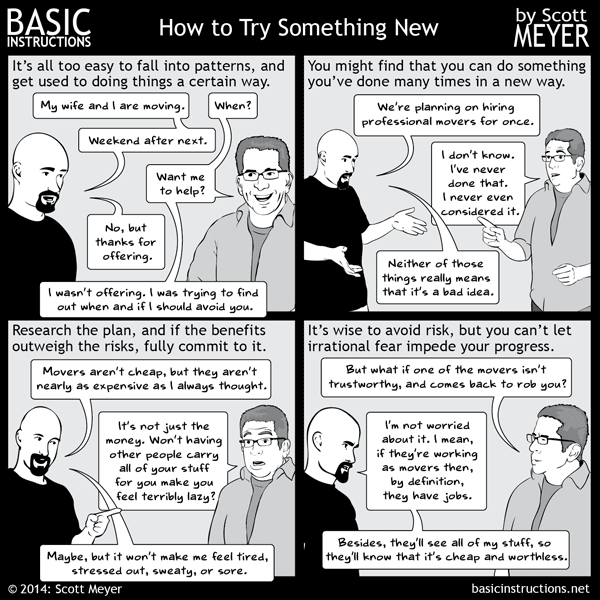
GUEST:“They do things bigger and better in America.” Whether referring to automobiles, movies, homes, skyscrapers, or fast food menus, this is a familiar refrain in Europe.
The digital era has been no different, with Silicon Valley held up as the touchstone against which to measure all tech startups.
Yet a shift is taking place in Europe that is eroding America’s dominance of the tech world and seeing a legion of European “super startups” taking root. We believe a combination of factors are cultivating businesses that look set to deliver a glut of billion-dollar valuations over the next three to five years.
No longer the poorer relation thanks to increase in funds
It’s fair to say that just a couple of years ago, most American tech startups would have wiped the floor with their European counterparts.
U.S. startups have traditionally had access to far higher levels of investment, giving them a head start when it comes to research and development and making it easier to attract to its shores the very best talent.
Yet the arms race is becoming closer. According to Dow-Jones VentureSource, the second quarter of 2014 saw over €2.1 billion ($2.4 billion at the current conversion rate) $2.8 billion raised by European startups — the highest quarterly total since 2001. (For comparison’s sake, the figure for U.S.-based startups in that period was $13.8 billion.)
Encouraged by the success of European tech firms such as Shazam and Transferwise — both of which made valuations of billion dollars in early 2015 — more U.S. money is crossing the pond.
There is also an increasing confidence in investors that Europe has the talent pool to thrive, and there has not been an irreparable “brain drain” to Silicon Valley.
Leaner startup mentality will continue to help Europe
Increased funding will certainly play a major role in creating super startups in Europe. Over the years it’s been much harder for Europeans to access venture capitalist funding.
But the fact that European startups have normally found it harder to secure capital is not a bad thing. This legacy means that European startups have had to operate under huge pressure to develop business plans that were viable from day one.
As a result, European startups are used to having to maximize their creativity and efficiency to ensure they can compete. This has developed a lean culture that ultimately puts European startups in good stead.
If entrepreneurs can continue to maintain this lean approach, while tapping into the greater resources now available, they can build stronger firms.
Europe’s manifesto for the self-starter
Recent years have seen a cultural shift in Europe towards adopting a key American trait: that of the self-starting entrepreneur.
The 21st century has seen a major evolution in how the global economy functions. The dawn of the digital age has redefined how we live and work, and the age of job security for life has long passed.
This, combined with the devastating impact wrought by the global recession, has been critical in making Europeans adopt a more entrepreneurial approach to business.
Such a sea change is being formally and financially encouraged too. The European Union has produced a “Startup manifesto” that directly references the fact that entrepreneurship in Europe has never been cultivated in an effective or systematic way. The EU is keen to build a culture that will help entrepreneurs, who don’t have the lobbying power or resources of big business, to thrive.
The EU can be fantastic at creating support networks and resources for business, and this is reflected in the huge boom of quality European incubators helping to nurture talent. Such state support is far more prominent than in the U.S. and a plus for European startups.
Europe to U.S. smoother than U.S. to Europe
U.S. startups often find it hard to repeat their success in a more complex, fragmented market such as Europe due to differing cultures, currencies, legislation, and languages.
With national domestic markets much smaller in Europe, business leaders here are used to having to expand quickly into other markets if they wish to scale up rapidly.
Most European entrepreneurs understand how to navigate the complexities and nuances of different markets, which is something our U.S. counterparts can often struggle with, as American firms are used to reaching hundreds of millions of customers without needing to look beyond their own borders.
We’ve seen larger, U.S.-based firms come into European markets with far bigger budgets and resources, yet they have been unable to successfully penetrate a city or European country as well as any of the homegrown European players.
Ascending the peak
While Silicon Valley is still a huge source of inspiration for European startups, it is no longer viewed with the romanticism and mythical status it perhaps once was. Silicon Valley’s peaks are now seen as attainable.
A glut of talent, increased funding, government support, and a burgeoning entrepreneurial culture are all coming together, and that makes us confident that in the very near future billion-dollar tech valuations will increasingly have European roots.
Alex Depledge is CEO and cofounder of Hassle.com. In 2014 TechCity Insider named Alex Entrepreneur of the Year, following on the heels of her appearance on the Silicon Valley Comes to the UK Scale-up Top 100 — a list highlighting British entrepreneurs expected to lead their firms to £100 million in revenue in three to five years.
Julien Codorniou is Director of Partner Platforms at Facebook. He oversees partner relations for companies building applications on Facebook Platform (web and mobile). He also manages platform evangelism activities in EMEA. He was formerly director of business development at Microsoft and started his career in the finance industry. Julien serves at the board of Le Monde (Société Editrice du Monde). He’s the author of the book The Kelkoo.com Success Story, published by Pearson in 2005.
VentureBeat is studying
social media marketing.
Chime in, and we’ll share the data with you.











